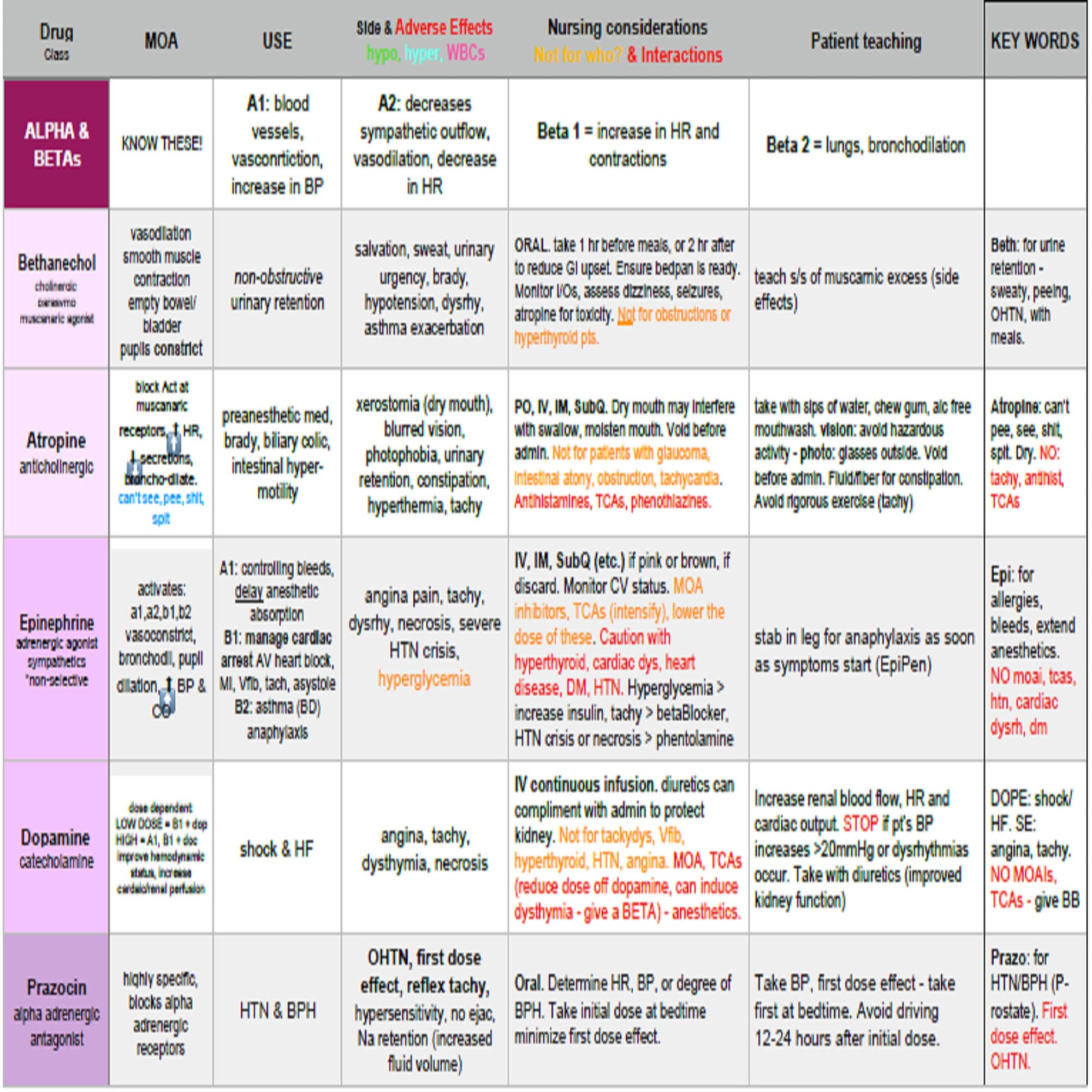
Get a study guide! Nursing Pharmacology Made Incredibly Easy* is a great supplementary study guide that helps break down the pharmacology material. When you develop a teaching plan and teach others, it requires you learn the material and completely understand it on a critical-thinking level. Teach others! You can do this with a classmate or to yourself. I recommend using Pinterest or searching for it through Google.
STUDY STACK PHARMACOLOGY FREE
Here are popular drug guides!*Ĭreate fun mnemonic or acronyms and illustrations! If you’re not good at this, there are so many free resources out there that have great mnemonics for pharmacology. This prevents you from flipping through your textbook which usually has the material scattered everywhere. When you are making your flashcards you can easily flip to the drug name and find the side effects and common nursing interventions. In addition, every day when you have downtime, review the flash cards.Īs a side note, there is a free site call where people have uploaded pharm flash cards for you to use and you can create your own. This is because if you don’t re-read or review what you learned in class the same day your brain tends to forget 70 to 80% of what you heard in class and creating flash cards helps prevent this. It is best practice to create flash cards after each lecture class. When you create flash cards, don’t make the mistake of creating them two days before the exam because this will not give you enough time to study them. Then after creating the card it is a great idea you repeat them aloud. I personally think creating the flash cards is the best method because you have to look-up the material and formulate what to write on the flash card which requires you to learn the material again. If you choose to buy flash cards I recommend Kaplan, Lange,or Pharm Plash!* Either you can make your own flash cards by using index cards or buy some. This is really one of the best ways to study for pharmacology. These drugs are metabolized in the same areas as well and have similar side effects. Macrolides include drugs ending is mycin such as Erythromycin, Azithromycin, Clarithromycin. Most antibiotics are broken down by classification such as macrolides. and work on the body systems the same.Īnother example can be applied to when you are studying antibiotics. These drugs also have same side effects such as slow heart rate, cold hands, feet, tiredness etc. Here are three beta blocker: Metoprolol, Atenolol, Propranolol….note how the all end with olol. Furthermore, it helps eliminate trying to learn individual side effects and their pharmacokinetic abilities.Įxample: A set of cardiac medications known as beta blocker have a similar suffixes known as olol. If you try to remember similar pre-fixes and suffixes rather than individual drug names, you will be able to study the material easier. These classes tend to have similar pre-fixes and suffixes. Most drug classes work on the same system of the body and have the same side effects. Learn drug pre-fixes & suffixes and classification of the generic drug name rather than trying to memorize individual drug names! Study Strategies for Pharmacology in Nursing School Some students make the mistake of not setting aside enough time to prepare for an exam. Cramming! It is really hard to juggle other classes along with pharmacology.This will be discussed in the study strategies below. Trying to memorize every single drug name and its side effects! The best approach is to memorize the drug group by suffixes and pre-fixes or classification.Learning what material is essential to know and what is not! Many students wonder, “Do I have to read every chapter word-for-word and memorize the power points verbatim?”.Developing a study method to use! Students tend to get overwhelmed by all the material they are required to know for a pharmacology exam and feel defeated when trying to develop a study method.
STUDY STACK PHARMACOLOGY HOW TO

In this article, I’m going to discuss the following: So, it can be very overwhelming, especially if you don’t know how to properly study. Normally, a student takes a pharmacology class in one semester and may be are given only 3 weeks to learn 5-10 chapters of material. Most nursing students find pharmacology a tough course because you are required to know the name, side effects, nursing interventions, and the way the body uses the drug in such a short amount of time.


 0 kommentar(er)
0 kommentar(er)
